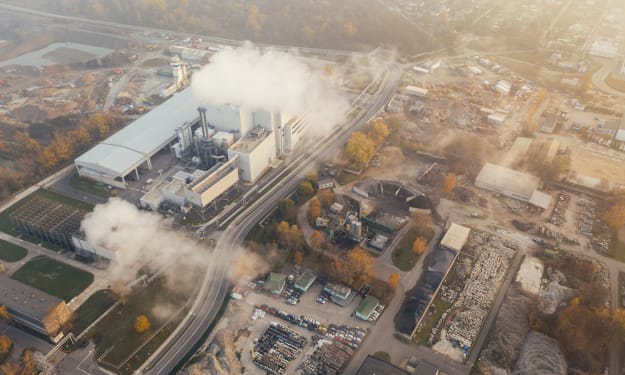The Electrification of India's Roads: Accelerating the Adoption of Electric Vehicles
greener and more sustainable future

In the pursuit of a greener and more sustainable future, India has embarked on a momentous journey towards the electrification of its roads. Electric vehicles (EVs) have emerged as a disruptive force, transforming the automotive landscape and redefining the way people envision transportation. This article delves into the electrification movement in India, exploring the factors driving the adoption of EVs, the challenges faced, and the transformative impact it is likely to have on the nation's environment, economy, and society.
Environmental Imperatives: Leading the Charge for Green Mobility
At the heart of India's push for EV adoption lies a growing concern for the environment. The country is grappling with escalating air pollution, depleting fossil fuel reserves, and the looming threat of climate change. As one of the world's largest carbon emitters, India has a moral obligation to reduce its carbon footprint and transition to cleaner modes of transportation.
Electric vehicles offer an attractive solution, producing zero tailpipe emissions and significantly reducing air pollutants. By embracing EVs, India can take substantial strides towards combating air pollution, improving public health, and preserving the planet for future generations.
Government Initiatives: Paving the Way for Electrification
The Indian government has been proactive in promoting electric mobility through a series of policy initiatives. The Faster Adoption and Manufacturing of Hybrid and Electric Vehicles (FAME) scheme, along with other supportive policies, provides financial incentives, tax benefits, and subsidies to manufacturers and consumers of EVs.
These measures have encouraged automakers to invest in EV manufacturing and have made electric vehicles more affordable and attractive to consumers. The government's vision is to make India a global hub for EV manufacturing while simultaneously reducing the nation's dependence on imported fossil fuels.
Innovations in EV Technology: Driving Efficiency and Performance
Technological advancements have played a vital role in shaping the EV landscape in India. The development of high-performance lithium-ion batteries, coupled with innovative charging solutions, has overcome one of the primary obstacles to EV adoption – limited range and charging infrastructure.
Indian companies and startups have also stepped up their game, investing in research and development to produce homegrown electric vehicles with cutting-edge technology. As the nation moves towards cleaner and more efficient energy sources, EVs are set to play a significant role in India's transition to a sustainable and energy-independent future.
Charging Infrastructure: Fuelling the Growth of EVs
While advancements in EV technology have alleviated range anxiety, the establishment of a robust charging infrastructure remains a critical challenge. A seamless network of charging stations across cities, highways, and rural areas is essential to bolster consumer confidence and encourage widespread EV adoption.
The government and private sector are working in tandem to accelerate the deployment of charging infrastructure, with a focus on fast-charging solutions and renewable energy integration. As charging infrastructure improves, the potential for EV growth in India becomes even more promising.
Socio-Economic Impact: Empowering Communities and Creating Jobs
Beyond its environmental benefits, the EV revolution is poised to create a positive socio-economic impact. The growth of EV manufacturing and charging infrastructure has already resulted in job creation across various sectors, from skilled labor in manufacturing plants to technicians and operators for charging stations.
Moreover, the adoption of electric two-wheelers and three-wheelers has empowered local entrepreneurs and drivers, providing them with income-generating opportunities and promoting sustainable livelihoods. As the EV ecosystem flourishes, it has the potential to uplift communities and contribute to inclusive economic growth.
Conclusion
The electrification of India's roads represents a historic opportunity to drive positive change, both for the environment and society at large. As the nation accelerates the adoption of electric vehicles, it is crucial to address challenges related to charging infrastructure, technology, and consumer awareness.
Through a synergistic approach involving the government, private sector, and citizens, India can navigate the transition to electric mobility successfully. By embracing this revolution on wheels, India can set a pioneering example for the world, charting a course towards a cleaner, more sustainable, and prosperous future for generations to come.





Comments
There are no comments for this story
Be the first to respond and start the conversation.